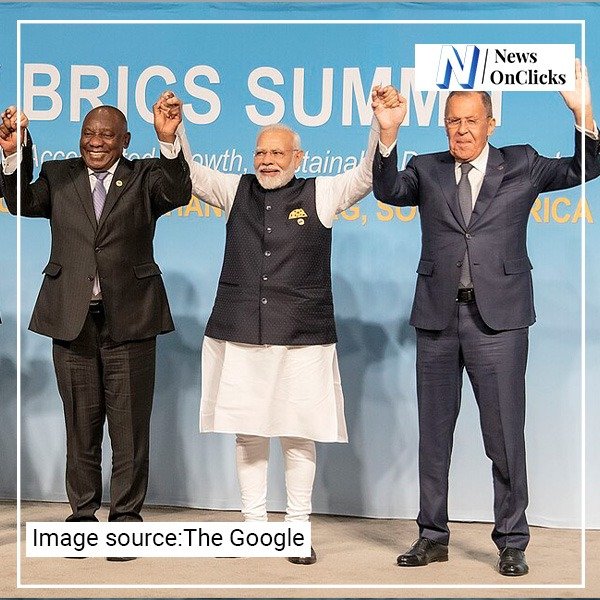
The 2024 BRICS Summit, held in Kazan, Russia, spotlighted India’s extraordinary rise as a global diplomatic power. The event underscored India’s unique ability to foster strong relationships across both developing and developed nations. This make it a key player on the world stage. As India increasingly shapes global affairs, its leadership role in the Global South and its strategic alliances with major powers like the U.S., China, and Russia are more relevant than ever.
Political expert Ian Bremmer recently described India as the major economy with the “best geopolitical position globally.” Moreover, India’s unique balancing act showcases its ability to maintain friendships with nearly everyone, from the U.S. to Russia. Furthermore, the country has successfully fostered deeper ties with the U.S. while also stabilizing its relations with China. Consequently, this diplomatic flexibility allows India to act as a crucial bridge between conflicting global interests. As a result, India plays an essential role in addressing and resolving significant international issues.
One of the key moments at the summit was Indian Prime Minister Narendra Modi meeting Chinese President Xi Jinping. Moreover, against the backdrop of a military standoff ongoing since 2020, their discussions highlighted efforts to stabilize relations. Furthermore, this development holds immense significance for the region and global markets due to India and China’s economic prominence worldwide.
Modi’s high-profile talks with Russian President Vladimir Putin further solidified India’s position as a global mediator. India, maintaining strong diplomatic ties with both Russia and the West, has offered to help broker peace in the Russia-Ukraine conflict. Modi’s call for an end to double standards on terrorism was a significant move that resonated globally, particularly with countries troubled by the rise of extremism and terror networks.
India’s growing influence extends far beyond the BRICS nations. At the 2024 Quad Leaders’ Summit, alongside the U.S., Japan, and Australia, India showcased its commitment to ensuring stability in the Indo-Pacific. This has implications for global security, as India plays a key role in maintaining a rules-based order in the region, balancing powers like China.
India’s diplomacy effectively navigates between major powers, excelling in conflict resolution, global trade, and military partnerships. Furthermore, India’s influence is growing steadily within the United Nations, G20, and multilateral forums. Consequently, India is not merely rising but leading the global stage with its strategic approach and diplomatic skills.
India’s growing economic and diplomatic influence is evident, with the 2024 BRICS Summit highlighting its crucial role in global diplomacy. Consequently, this development signals a future where India’s voice will increasingly shape global decisions. Furthermore, India’s influence will impact global affairs, ensuring its place as a key player in shaping world outcomes.









